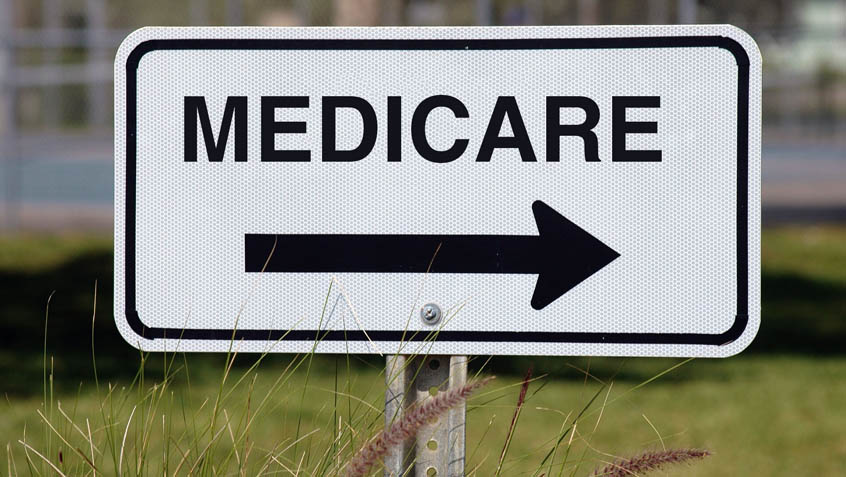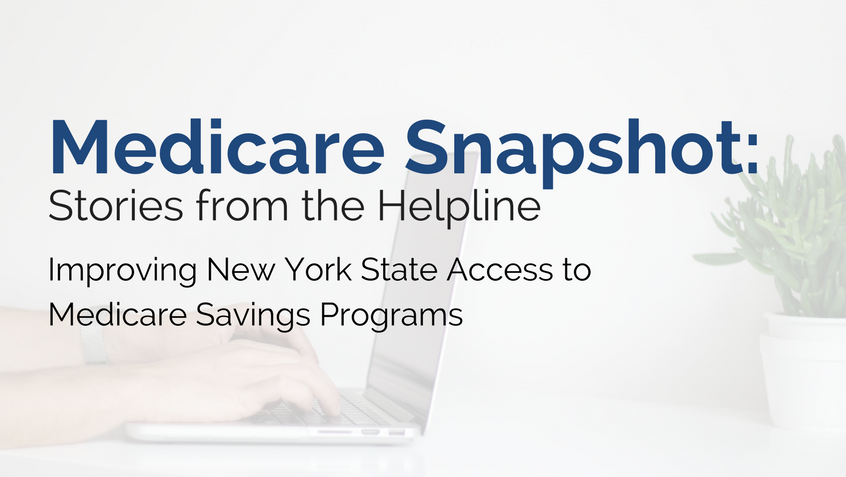
We Didn’t Think The Tax Bill Could Get Any Worse. We Were Wrong.
As the House and Senate rush to make changes to their versions of the tax bill, it keeps getting worse and worse, posing an immediate threat to the Medicare program and health care coverage for 13 million Americans under the Affordable Care Act (ACA). The Congressional Budget Office (CBO) projects that the enormous cost of the tax bill would prompt immediate, automatic, and ongoing spending cuts to Medicare – $25 billion in 2018 alone.









